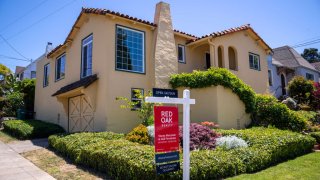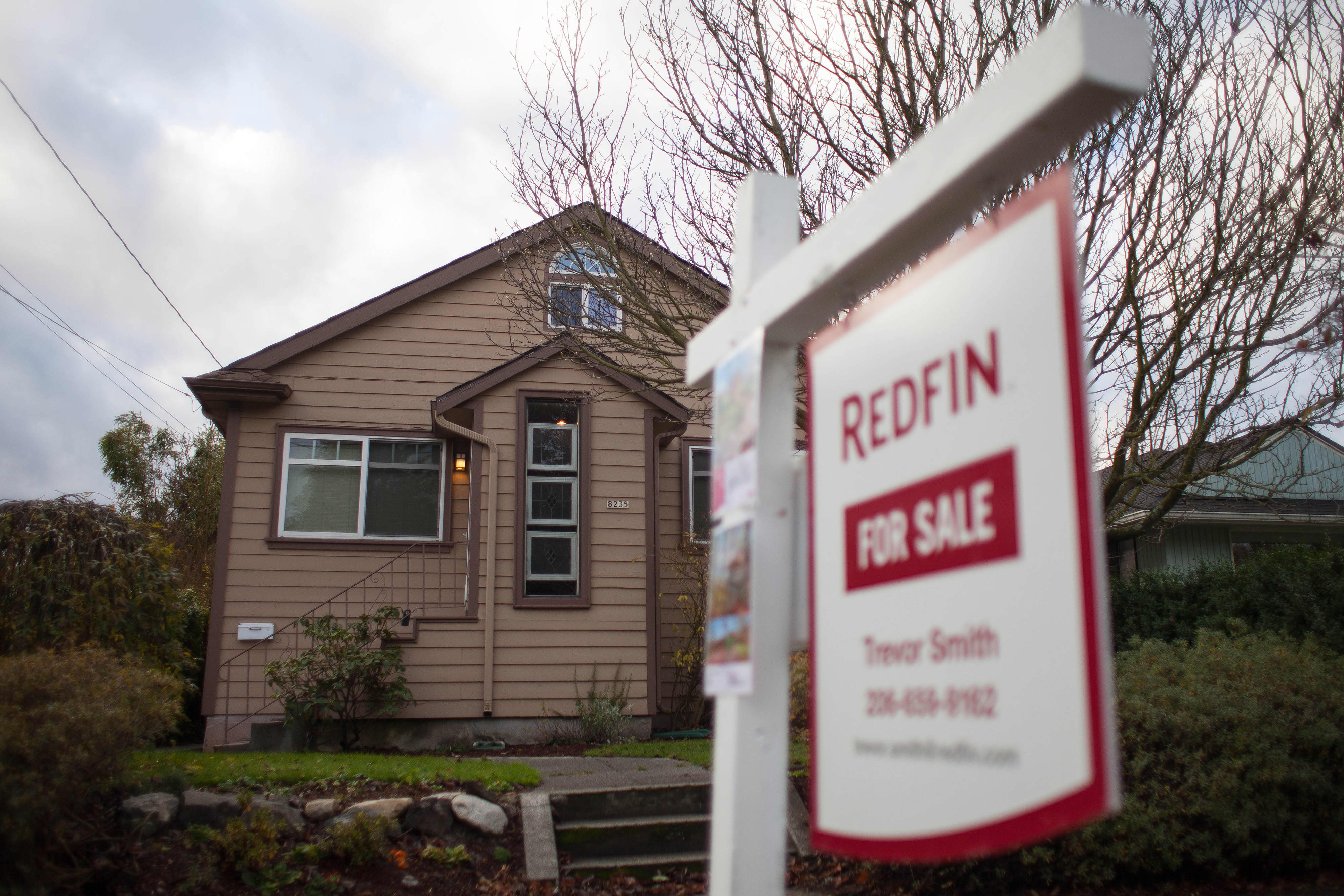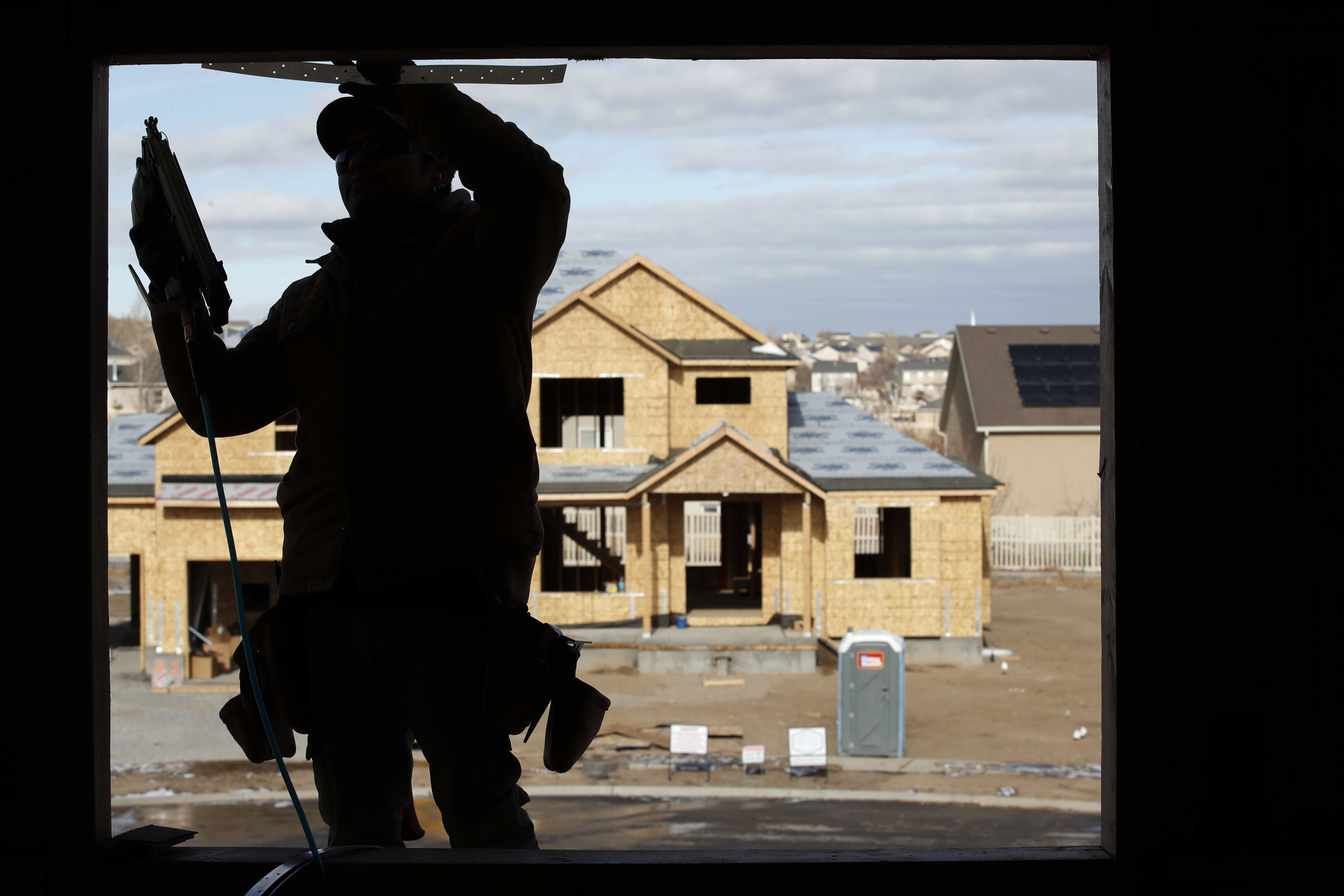
The process for approving new housing development in communities across Massachusetts is "skewed toward an older, white population with the greatest interest in obstructing new development," according to a new report assembled by two Boston University researchers and released Wednesday by The Boston Foundation.
Katherine Levine Einstein and Maxwell Palmer compared the demographics of public officials in more than 20 communities with demographics of the residents of those communities and found the public officials there "were significantly older, whiter, more male, and more likely to be longtime residents than the voters in their communities." Women and people of color are significantly underrepresented, the researchers found.
"This report both vividly illustrates how the housing process in cities and towns favors established residents with the time and means to be able to track town board schedules and attend in-person meetings," M. Lee Pelton, president and CEO of the Boston Foundation, said in a statement. "As a result, the bias toward older, existing homeowners effectively excludes a broad range of people from accessing housing in the communities of their choice and perpetuates housing segregation."
While the state regulates housing, zoning rules are set at the local level in Massachusetts, a system that gives each of the 351 cities and towns, and their local boards, an outsize voice in housing development.
Get Boston local news, weather forecasts, lifestyle and entertainment stories to your inbox. Sign up for NBC Boston’s newsletters.
Researchers said they found a lack of diversity on housing-related boards and commissions, "representational inequalities" in political participation and public meetings, processes that favor neighborhood opponents to new development over beneficiaries, meeting and survey formats that don't tap into the broadest range of voices, and a lack of investment to ensure surveys reflect the full range of community feedback.
Public meetings "disproportionately attract neighbors opposed to new housing and greater density," according to the report, "Representation in the Housing Process: Best Practices for Improving Racial Equity." Meetings are unlikely to include the voices of individuals and families most likely to benefit from new housing, the report said, in part because "many of these individuals do not have the time to participate. Or, they may not trust government to be responsive to their concerns."
The communities examined in the research were: Brockton, Fall River, Fitchburg, Haverhill, Holyoke, Lawrence, Lowell, New Bedford, Pittsfield, Springfield, and Worcester, as well as Amherst, Arlington, Ashby, Barnstable, Boston, Cambridge, Framingham, Lexington, Newton, Plymouth, and Quincy. The report flagged efforts in Haverhill and Newton to ensure more inclusive planning and housing efforts. The foundation cosponsored the report with the Citizens' Housing and Planning Association (CHAPA), Boston Medical Center and others as part of the Massachusetts Coalition for Racial Equity in Housing.



